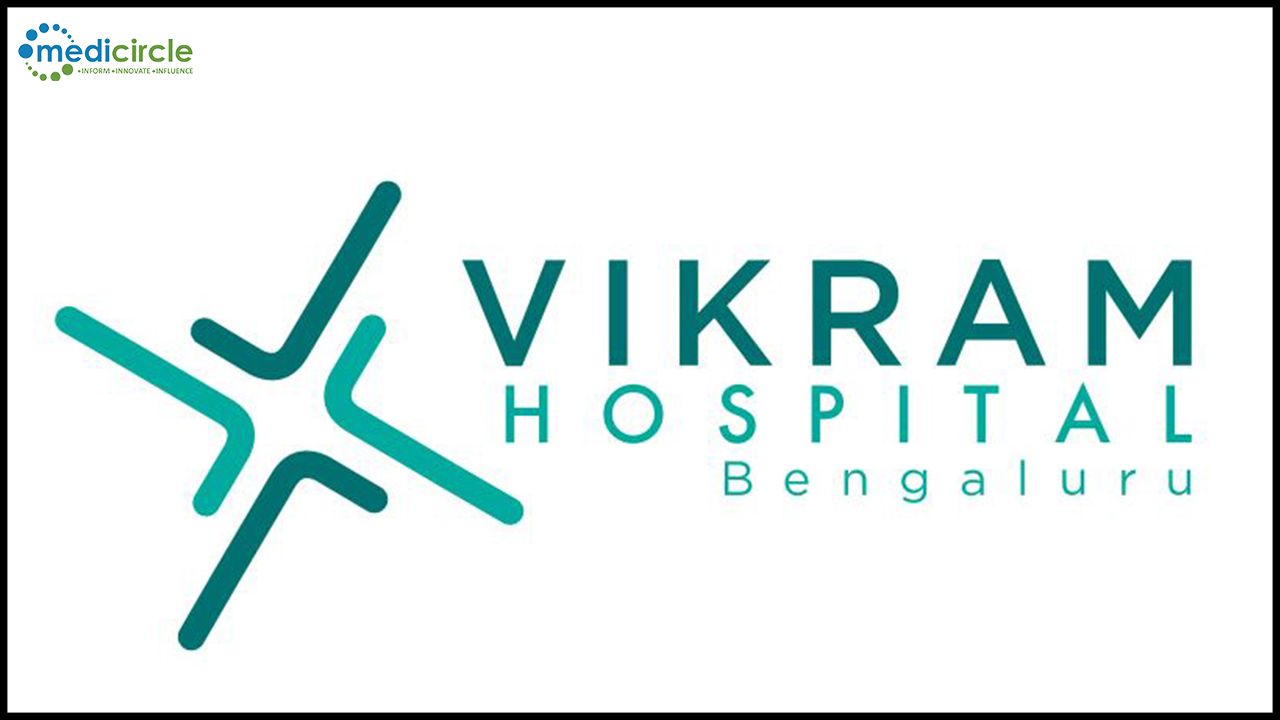Vikram Hospital Bengaluru, in association with a UK-based pharmaceutical company Britannia Pharmaceuticals, has launched Apomorphine in India. This new drug claims to stimulate the production of dopamine by nerve cells in the brain, providing quick and effective relief to patients and improving their quality of life.
Apomorphine is available both as injections and infusion pumps. It has been used in the West for over 15 years in the management of Parkinson’s disease.
“Currently in India, patients of Parkinson’s have only two options: either oral treatment for the early stages of the disease, or very expensive Deep Brain Stimulation (DBS) surgery for advanced stages. There was no treatment for the middle stages of the disease," says Dr. Prashanth LK, a movement disorders specialist at Vikram Hospitals, Bengaluru.
Doctors feel most patients in India cannot afford DBS. This procedure is also not a choice for all ages or stages of Parkinson’s Disease. "The new drug, Apomorphine, is recommended for patients with motor fluctuations. It happens when the effect of oral medications is not lasting long enough for them. It is an effective alternative for patients who are not the right candidates for DBS, or those who do not want to undergo surgery yet," says Dr Prashant.
Apomorphine is a dopamine receptor stimulator. It is not an OTC medication and has to be taken under the supervision of a movement disorder specialist. "Since the drug has just been launched in India, it will initially be distributed through select centers where well-trained movement disorders specialists are available. In due course, we aim to increase the distribution footprint to cover almost all movement disorder centers and neurology clinics across the country," says Dr. Somesh Mittal, CEO, Vikram Hospital, Bengaluru.
Dr. Vinod Metta, consultant, interventional neurologist & movement disorders specialist, King’s College & Imperial Hospitals, London, says that Parkinson’s is a special neurodegenerative disorder for which good symptomatic treatment is available, but there is a huge unmet need for therapeutic options in moderately advanced stages. "Apomorphine pens are similar to insulin pens. They are fast acting and give relief to patients within minutes. Conventional medicines take around 30 minutes to 1 hour to show their effect," he says.
The current prevalence of Parkinson’s Disease in India is around 300-400 out of 100,000, which is expected to double by 2030. It will be a major non-communicable degenerative disorder along with dementia to burden the healthcare system of India. Though majority of the patients are above 50 years of age, it can occur in younger age group as well.
The symptoms of Parkinson’s include slowness in daily activities, stiffness of muscles, a change in walking style and tremors of the hands. Many people can also have non-motor symptoms preceding the motor symptoms such as reduction in the sensation of smell, constipation, and shouting, yelling or enacting in sleep. Some of these symptoms can be present for as many as 20 years before clinical symptoms like tremors appear. Dopamine imaging is an effective test to see if suspected patients have Parkinsonism, but it is available only in select centers.
Doctors say that medical therapies can bring significant improvements in the symptoms of Parkinson’s. These medications are meant to increase the supply of dopamine which gets depleted in the body of a Parkinson’s patient. Parkinson’s patients need to take medications at timely intervals, which often leads to fluctuating levels of medication in their bodies and irregular benefits. Continuous Dopaminergic Therapy is a method by which the body receives dopamine at a regular and consistent basis, because of which fluctuations associated with medications are negated significantly.
Source :Healthpost

 Apomorphine is a dopamine receptor stimulator. It is not an OTC medication and has to be taken under the supervision of a movement disorder specialist.
Apomorphine is a dopamine receptor stimulator. It is not an OTC medication and has to be taken under the supervision of a movement disorder specialist. 










.jpeg)

.jpg)


.jpeg)
.jpeg)


.jpeg)
.jpg)





.jpeg)


